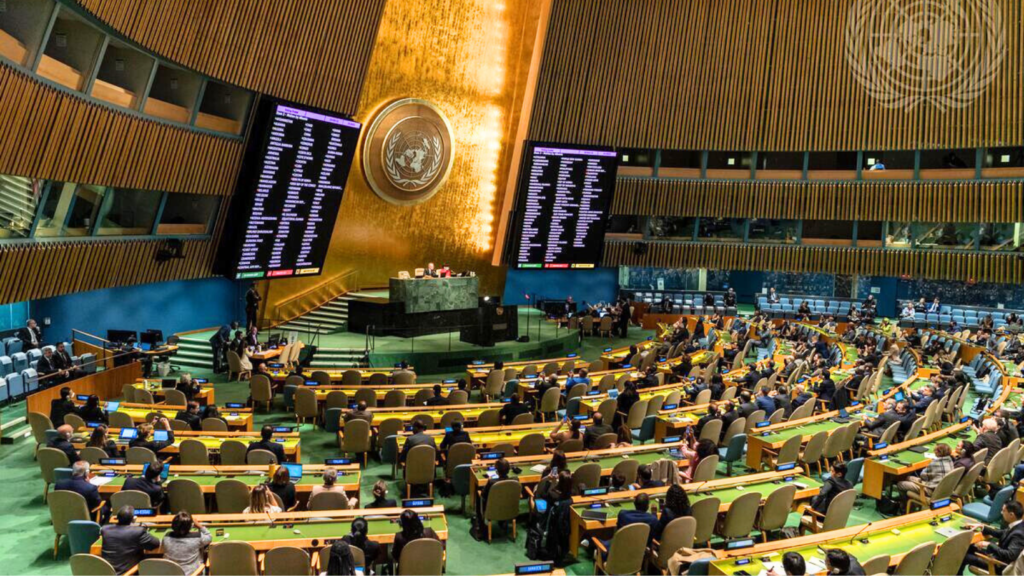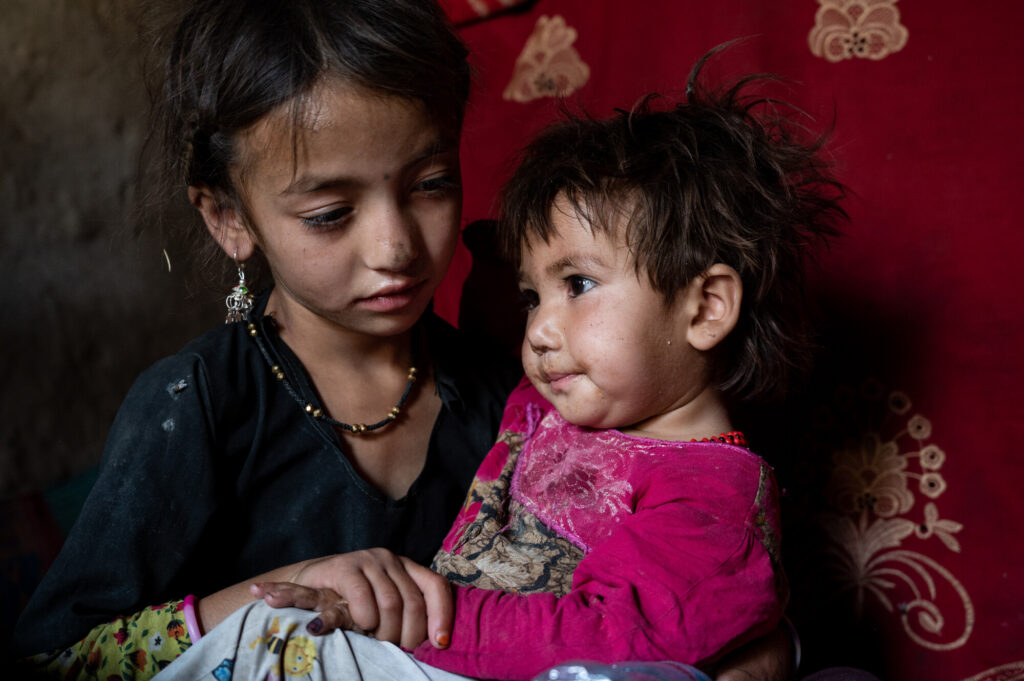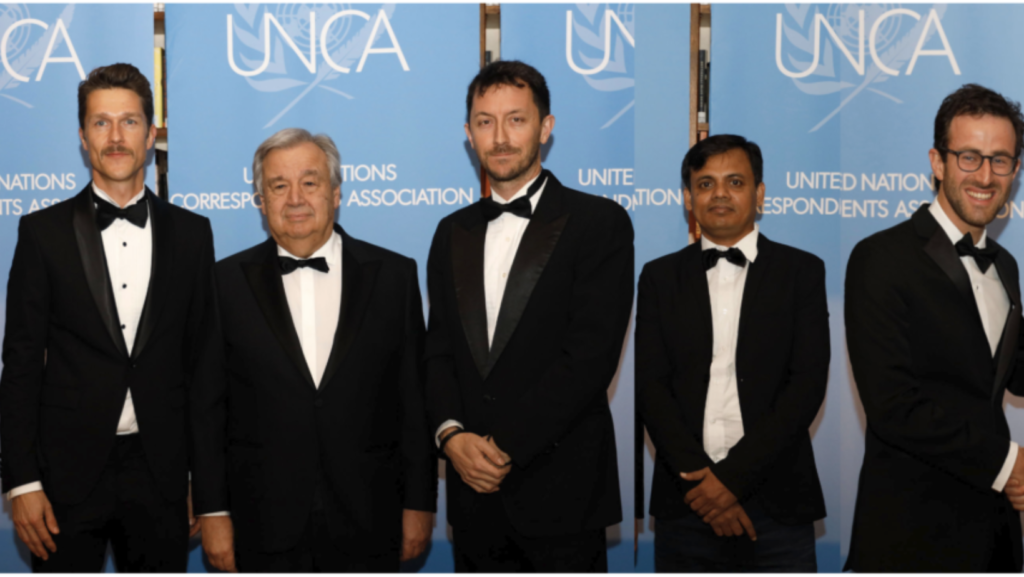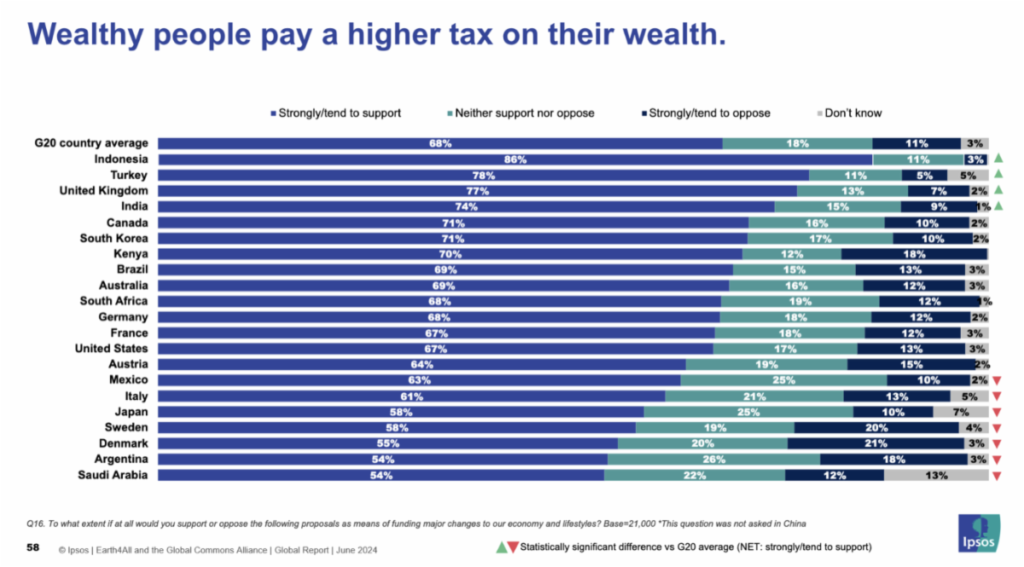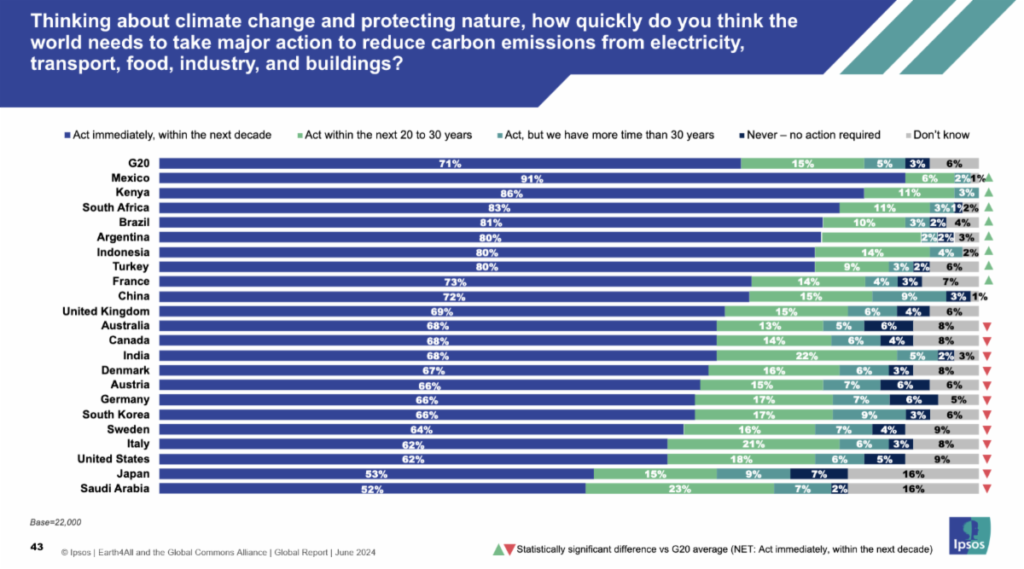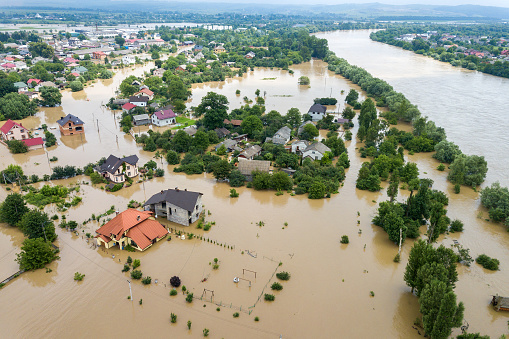UN to hold landmark Summit of the Future at annual high-level meetings
New York, September 6, 2024 – The Summit of the Future taking place later this month will be a “pivotal opportunity for renewal and reform” of decades-old international systems disabled by the daunting challenges of wars, poverty and climate change, UN Secretary-General Antonio Guterres said in advance of his organization’s annual meetings.
The UN will launch its annual meetings starting with the opening of the 79th UN General Assembly session on September 10 at the UN headquarters in New York, which will be attended by 193 member states. (See below the major events at UN headquarters as provided by the UN).
The Summit of the Future – September 22-23
This year, one special event called Summit of the Future requires UN members to come up with actions to solve gaps between UN founders’ aspirations in 1945 and realities in the 21st century. The Summit, which was conceived and put together during the Covid-19 pandemic, will discuss sustainable development and financing; peace and security; a digital future for all; youth and future generations; and global governance.
Ahead of the Summit, the UN chief has called for two Summit Action Days (September 20-21) at which he will meet with representatives of member states, civil society and various other groups to “generate additional opportunities for the engagement of all actors,” the UN said. Heads of state and government are expected to take part in the Summit with the aims of reaffirming their commitments to implement the 17 Sustainable Development Goals and the UN Charter.
Gutteres has seized every occasion to promote the Summit and his most recent was an address to the 9th Forum on China-Africa Cooperation on September 5 in Beijing attended by leaders of China and African countries.
“This month’s Summit of the Future in New York will be a pivotal opportunity for renewal and reform – anchored in solidarity and justice,” he said. “We have proposed a focus on prevention, and joint approaches to new and emerging threats to global security, building on our recent success – after many years of effort – authorizing UN-assessed contributions for African Union-led peace operations.”
“We are pushing for reforms so that the international financial architecture and institutions correspond to the realities of today’s world and can respond to today’s challenges – particularly those faced by developing countries,” he said. “Your full engagement will be critical to finding sustainable solutions. And you can count on the full engagement of the United Nations in support of a strong China-Africa partnership, towards our shared goal of peace, sustainable development and human rights on a healthy planet.”
The UN chief has called for reforming “outdated, ineffective and unfair international financial architecture” that favored developed countries over poor ones. He also called for correcting “historic injustices,” including the continued refusal to give the continent of Africa a permanent seat in the UN Security Council. On several occasions, UN leaders have pointed out that the 15-nation council is paralyzed as it is unable to end Russia’s war in Ukraine and the Israel-Hamas war in Gaza.
The UN has urged all its members, civil society, the private sector, organizations and academia to take part in the Summit.
“We were really confronted with the gap between the aspirations of our founders, which we were trying to celebrate at the 75th anniversary, and the reality of the world as it is today,” said Michele Griffin, the Policy Director of the Summit, as reported by UN News. “The problems that we faced, the threats, but also the opportunities and the imperfections in how we respond.”
“You look at the UN and you think governments are the key players,” Griffin said. “And that’s true. They’re the ones sitting around the table, but they do so on behalf of their people. Civil society actors, young people have been involved throughout and will be at the summit. Private sector will be here in recognition of the massive role they have in shaping people’s lives and opportunities today. This summit is for and by everyone, and everyone should see themselves reflected in it.”
The Summit is expected to conclude with a negotiated Pact for the Future, an action-oriented Global Digital Compact and a Declaration for Future Generations.(By J. Tuyet Nguyen).
UN General Assembly General Debate – September 24-28, and 30. World leaders will gather to engage in the annual high-level General Debate under the theme, “Leaving no one behind: acting together for the advancement of peace, sustainable development and human dignity for present and future generations”. Heads of State and Government and ministers will explore solutions to intertwined global challenges to advance peace, security, and sustainable development.
High-level plenary meeting on the existential threats posed by sea level rise – September 25. The High-Level Meeting on Sea-Level Rise will convene global leaders, experts, and stakeholders to address the urgent and escalating threat of rising sea levels. This meeting will focus on building common understanding, mobilizing political leadership, and promoting multisectoral and multi-stakeholder collaboration and international cooperation towards the objective of “addressing the threats posed by sea-level rise”. Participants will work towards developing comprehensive solutions and actionable commitments to combat sea-level rise, ensuring a resilient and sustainable future including for small island developing states and low-lying coastal areas.
High-level Meeting on Antimicrobial Resistance (AMR) – September 26. The High-level Meeting on Antimicrobial Resistance (AMR) presents an opportunity for countries and stakeholders to renew efforts and accelerate progress in combating the growing threat of AMR. This meeting will serve as the foundation for executing policies and ensuring accountability for strengthening health systems against AMR. Building on the momentum of previous declarations and commitments, participants will focus on enhancing international cooperation, promoting the responsible use of antimicrobials, and advancing the development of new treatments to safeguard global health.
High-level Meeting: International Day for the Total Elimination of Nuclear Weapons – September 26. Achieving global nuclear disarmament is the highest disarmament priority of the United Nations. It was the subject of the General Assembly’s first resolution in 1946, which established the Atomic Energy Commission (dissolved in 1952), with a mandate to make specific proposals for the control of nuclear energy and the elimination of atomic weapons and all other major weapons adaptable to mass destruction. This annual High-level plenary meeting commemorates and promotes the International Day for the Total Elimination of nuclear weapons.
United Nations journalists – United Nations journalists – United Nations journalists
United Nations News – United Nations News – UN Correspondents Association – UNCA Awards
UN to hold landmark Summit of the Future at annual high-level meetings Read More »

